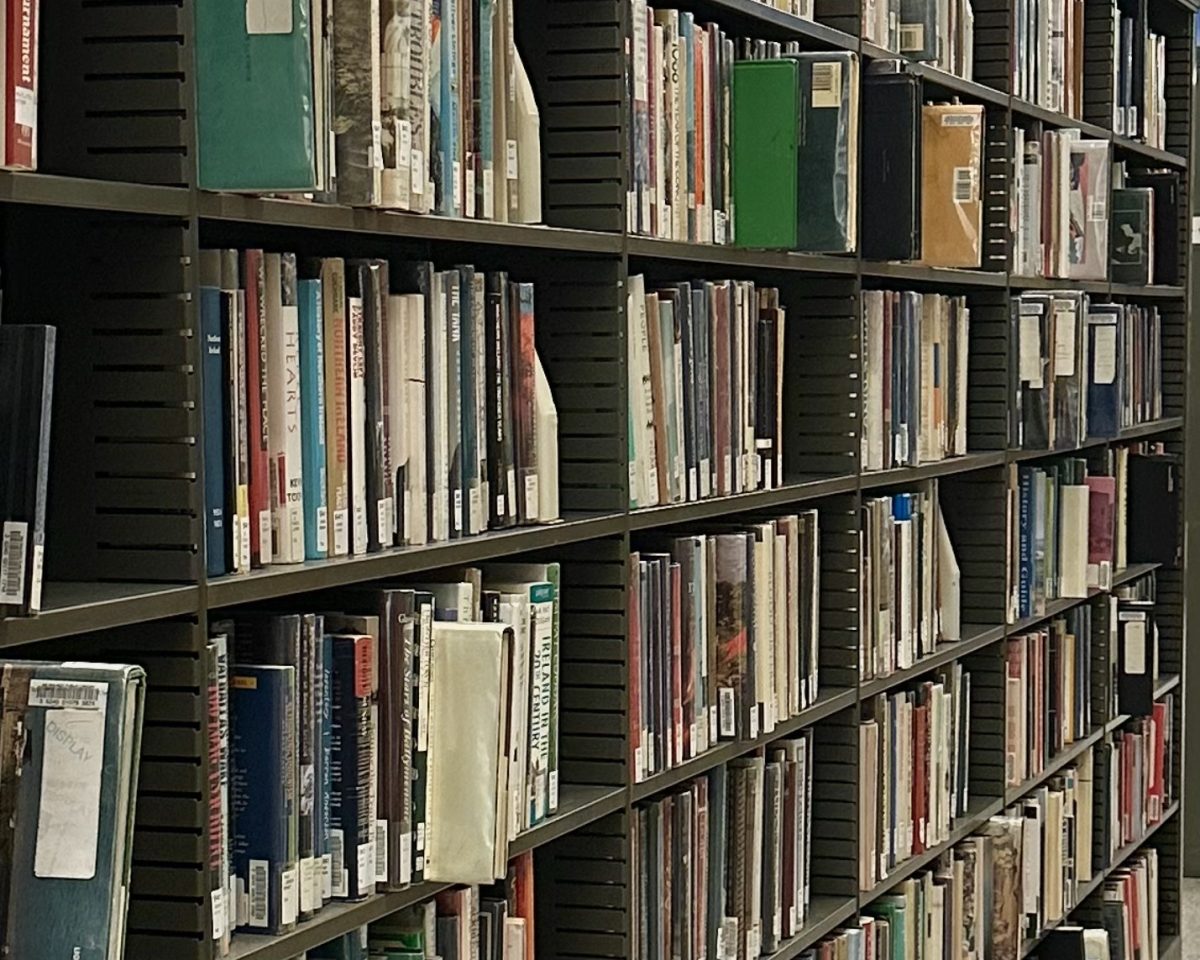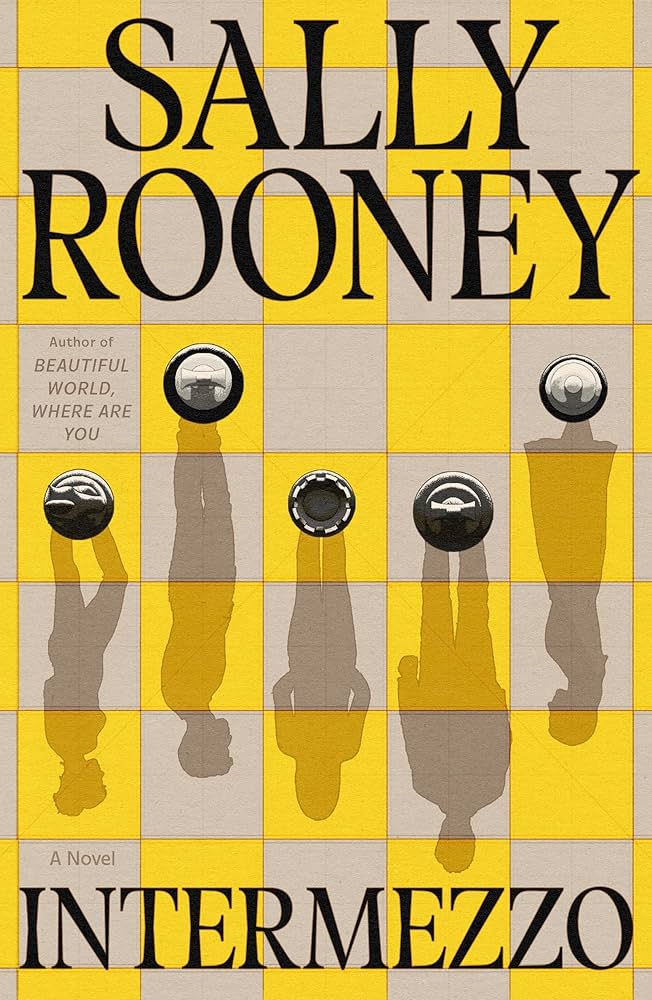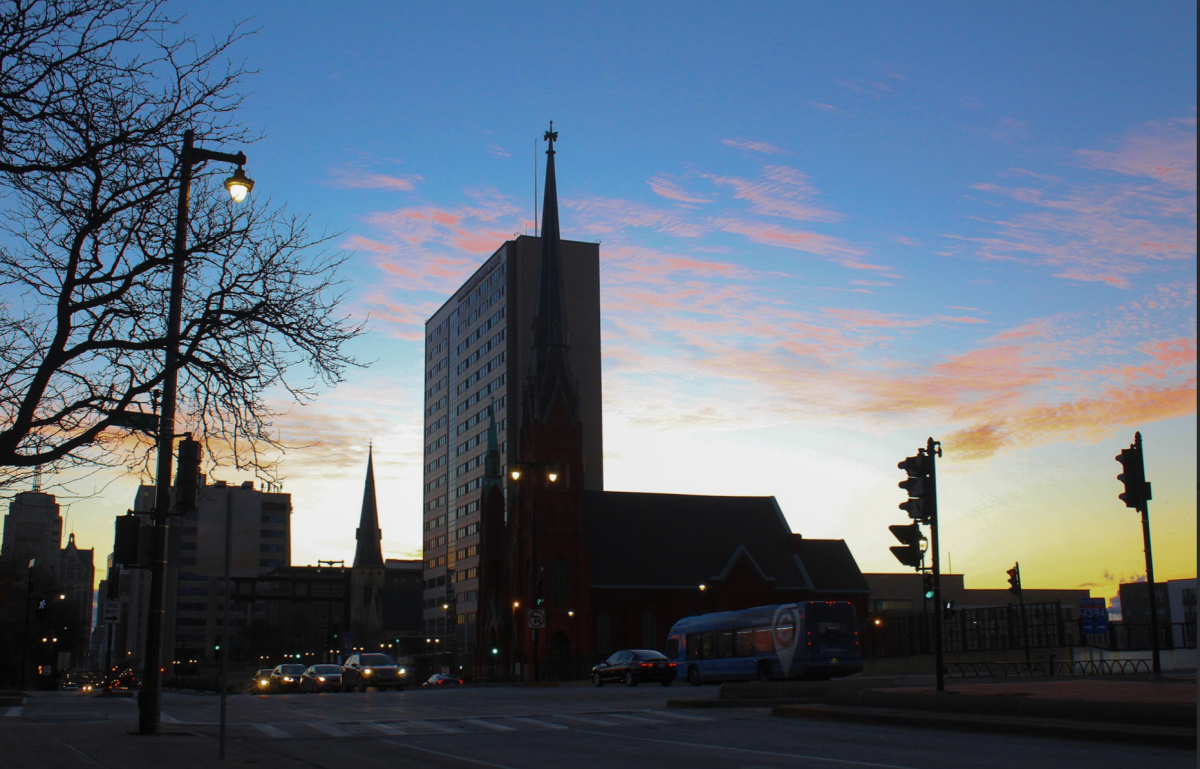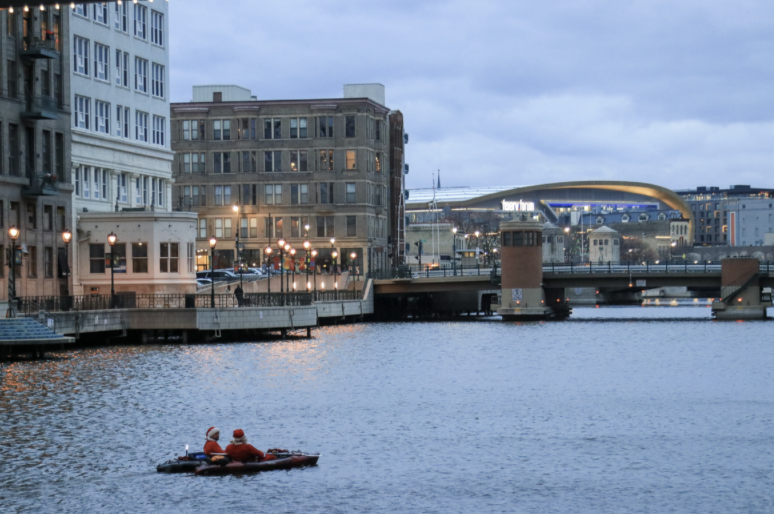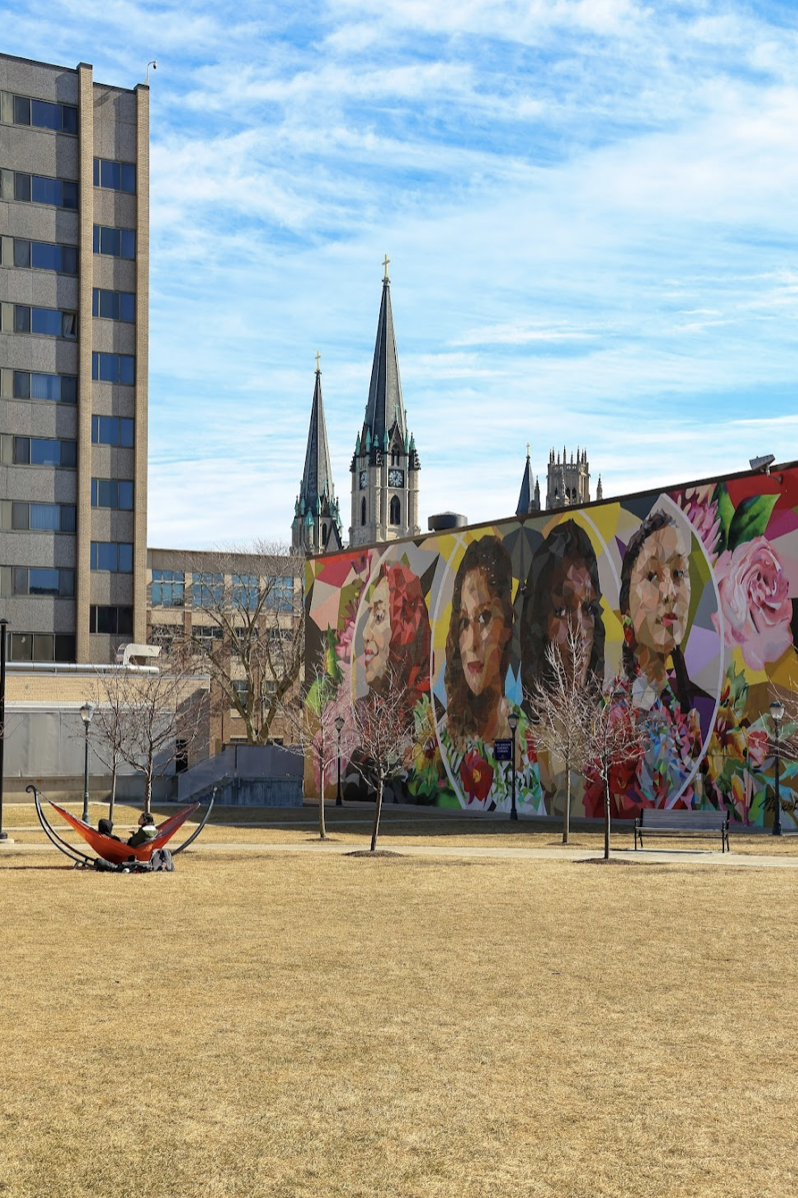Books are an important part of our culture, but there have been increasing fears that they will be rendered obsolete by the increasing dominance of technology. However, print books have not gone out of fashion. Global book sales have been declining marginally across the past decade, but from 2022 to 2023 there was an almost $1.5 billion rise in print book sales.
This rise is projected to continue and result in an almost $3 billion increase in book sales by 2027. Similarly, brick-and-mortar bookstores are enjoying surprising levels of success in recent years.
The Association of American bookstores found in a survey, that while bookstores initially struggled during the early days of the pandemic, respondents saw growth of over 70% compared to 2019. Bookstores are thriving across the U.S., but downtown Milwaukee has a total lack of them.
University bookstores at Marquette University and Milwaukee Area Technical College are an option as book retailers, and we should not neglect the local used bookstore, Downtown Books Bought & Sold. However, large scale or independent booksellers are not located in the heart of downtown.
Milwaukee needs more bookstores that can provide a key service to its community and foster a more active downtown environment. Bookstores serve an important purpose in cities, not only as a place to purchase books, games and toys, but as a hub for activity.
Many recreational spaces in Milwaukee typically center around eating and drinking, but a bookstore provides the opportunity to peruse and engage with material and socialize with like-minded individuals. Spaces like these allow people to interact with others and pursue hobbies they enjoy. They are referred to by sociologists as “third spaces,” recreational spaces outside of the home and the workplace.
Such places allow individuals to create identities outside of their daily task, and their purpose is to promote public relaxation and support social relationships without the pressures presented by work and family.
Bookstores are uniquely powerful facilitators of social interaction due to the nature of the products they sell. The books someone is interested in reveal so much about their personality and can be a beneficial jumping off point for conversations. Often, bookstores also allow spaces to sit and relax with a book, which not only promotes conversation between people, but allows individual customers to relax without necessarily purchasing anything.
Additionally, bookstores, as opposed to restaurants and bars, are easier to frequent at any time of day. Restaurants and bars are usually only attended during mealtimes, and, due to their ever-increasing prices, can only be afforded a few times a week. A good bookstore, though, is a great way to pass the time without spending money, making them perfect places to spend time with friends when there is nothing else to do.
Furthermore, in a city populated by students from nearby universities, it would be beneficial to have alternatives to their university bookstore for finding material they are interested in. Marquette’s bookstore does sell items besides textbooks and course material, but their stock is still limited compared to major book retailers.
With the amount of young people these universities bring, it is especially important to have a third space for them to hang out with their friends. Money is tight enough for college students, so providing recreational spaces that do not require them to spend more than they can afford would be highly beneficial.
Milwaukee’s downtown is not complete without a proper bookstore. It is about time the city responded to the recent revival of print books and one opens on its streets. Such a space would be highly advantageous to the public and would serve as a powerful tool for community development.
This story was written by Joey Schamber. He can be reached at joseph.schamber@marquette.edu.


